Praziquantel Pyrantel Embonate Tablets for Cats: Complete Guide to Deworming, Dosage, and Benefits
Parasites are a common issue for cats, particularly those who are allowed outside, and internal parasites like roundworms, hookworms, and tapeworms can cause a range of health problems. Whether your cat is an indoor or outdoor pet, regular deworming is essential for their overall health and well-being. Praziquantel Pyrantel Embonate tablets are one of the most effective and commonly used treatments for these types of parasitic infections.
What Are Praziquantel Pyrantel Embonate Tablets for Cats?
Praziquantel Pyrantel Embonate tablets are a combination deworming medication used to treat a variety of internal parasites in cats, particularly tapeworms, roundworms, and hookworms. This medication combines Praziquantel and Pyrantel Embonate, two powerful anthelmintic agents that work together to eliminate different types of worms from a cat’s digestive system.
1. What Is Praziquantel?
Praziquantel is an anthelmintic drug primarily used to treat tapeworm infections. Tapeworms are typically transmitted through fleas or ingestion of small rodents, and they attach themselves to the intestinal walls of cats, causing various digestive issues.
2. What Is Pyrantel Embonate?
This paralysis allows the body to expel the worms from the cat’s intestines. Roundworms are one of the most common parasitic infections in cats, and hookworms can cause anemia, gastrointestinal distress, and fatigue. Pyrantel Embonate is particularly effective in controlling these parasites.
When combined, Praziquantel and Pyrantel Embonate provide a broad-spectrum deworming solution that covers a wide range of parasites in cats.
Indications for Praziquantel Pyrantel Embonate Tablets
Praziquantel Pyrantel Embonate tablets are indicated for the treatment of the following common internal parasites in cats:
- Tapeworms (Cestodes):
- Tapeworms are flat, segmented worms that typically infect cats after they ingest fleas, rodents, or other small mammals.
- Symptoms of tapeworm infection may include visible segments of the worm around the cat’s anus or in the stool, vomiting, weight loss, and scooting.
- Praziquantel is highly effective at eliminating tapeworms.
- Roundworms (Ascarids):
- Cats become infected with roundworms by ingesting eggs from contaminated soil, water, or prey.
- Pyrantel Embonate is effective in treating roundworms by paralyzing them, allowing the cat’s body to expel the worms.
- Hookworms (Ancylostoma):
- Hookworms are small, hook-shaped worms that can cause significant damage to a cat’s intestines.
- Pyrantel Embonate is effective in eliminating hookworms by paralyzing and expelling them from the digestive tract.
- Other Intestinal Parasites:
- In some cases, Praziquantel Pyrantel Embonate tablets may also help treat other intestinal parasites, such as whipworms and some species of flukes.
How Praziquantel Pyrantel Embonate Tablets Work
The combination of Praziquantel and Pyrantel Embonate in a single tablet allows for a broad-spectrum treatment that targets multiple types of parasites in one dose. These active ingredients are absorbed into the cat’s bloodstream and then carried to the intestines, where they act on the parasites.
- Praziquantel binds to the tapeworm’s skin cells, causing damage to the worm’s cell structure and ultimately leading to the parasite’s death and expulsion from the cat’s digestive system.
- Pyrantel Embonate works by interfering with the parasitic worms’ nervous systems. It induces paralysis in the roundworms and hookworms, preventing them from maintaining their attachment to the intestinal walls. This results in the worms being expelled from the cat’s body through its natural processes.
Instructions for Using Praziquantel Pyrantel Embonate Tablets in Cats
Administering Praziquantel Pyrantel Embonate tablets correctly is crucial for effectively eliminating parasites such as tapeworms, roundworms, and hookworms from your cat. Below is a comprehensive guide on how to properly dose and administer this medication.
General Dosage Guidelines
The dosage of Praziquantel Pyrantel Embonate tablets is based on your cat’s body weight. Always use a weight scale to measure your cat’s weight accurately before administering the medication.
| Cat’s Body Weight | Recommended Dosage | Tablet Strength |
| Up to 2 kg | Half tablet | 50 mg Praziquantel + 25 mg Pyrantel Embonate |
| 2 kg to 5 kg | One tablet | 50 mg Praziquantel + 25 mg Pyrantel Embonate |
| 5 kg to 10 kg | 2 tablets | 50 mg Praziquantel + 25 mg Pyrantel Embonate |
| Above 10 kg | 2½ tablets (consult vet) | 50 mg Praziquantel + 25 mg Pyrantel Embonate |
Note: Always consult your veterinarian before dosing, especially if your cat is pregnant, under 6 weeks old, or has pre-existing medical conditions.
Frequency of Administration
- Standard deworming: Single-dose treatment, typically every 3 to 6 months as part of a routine deworming schedule.
- For active infections: A second dose may be recommended after 14 days, depending on the severity and parasite type.
- Kittens: Deworming starts from 6 weeks of age and is repeated every 2 weeks until 12 weeks, then monthly until 6 months of age.
How to Administer the Tablet
- Direct Oral Method:
- Gently hold the mouth closed and stroke the throat to encourage swallowing.
- Hidden in Food:
- Ensure the full dose is consumed in one feeding.
- Pill Pockets:
- Use a commercially available pill pocket or treat designed to hide tablets.
- Monitor to ensure the tablet is fully swallowed.
Important Tips
- Do not overdose. Stick to the recommended dosage unless directed otherwise by your veterinarian.
- Fasting not required, but giving the tablet with food may improve tolerance and reduce the risk of gastrointestinal upset.
- Always wash hands thoroughly after administering the medication.
- Do not break tablets unless indicated. Some tablets are film-coated for easier swallowing and protection from taste.
Special Considerations
Kittens:
- Use a precise scale for weight-based dosing.
Pregnant & Lactating Cats:
- Generally safe under veterinary supervision.
- Dosage may need adjustment based on trimester and weight.
Senior Cats or Cats with Health Conditions:
- May require modified dosing or additional observation.
- Discuss risks and benefits with your veterinarian.
Aftercare and Monitoring
- Mild side effects like temporary lethargy or slight changes in appetite may occur.
- If vomiting, diarrhea, or allergic reactions occur, contact your veterinarian immediately.
Adverse Reactions and Precautions for Praziquantel Pyrantel Embonate Tablets in Cats
While Praziquantel Pyrantel Embonate tablets are generally well-tolerated by cats, like all medications, they can cause side effects in some cases. Understanding the potential side effects and taking necessary precautions will help ensure the safety and health of your cat during treatment.
Common Side Effects
Most cats tolerate Praziquantel Pyrantel Embonate tablets without issue. However, as with any medication, there may be mild side effects, particularly when the cat is not accustomed to deworming treatments.
- Mild Digestive Upset:
- Vomiting: Some cats may vomit after taking the tablet, though it is usually a mild reaction.
- Diarrhea: A common side effect as the body expels the dead parasites.
- Loss of Appetite: Cats might experience a slight decrease in appetite after taking the medication.
- Lethargy:
- Your cat might appear tired or sluggish for a short time after the dose, but this typically resolves within a few hours.
- Drooling:
- Some cats may drool more than usual, especially if the tablet wasn’t swallowed properly.
These side effects are usually mild and transient. They typically subside within a few hours or days. However, if they persist, contact your veterinarian.
Rare but Serious Side Effects
- Allergic Reactions:
- Skin Rash: Swelling, redness, or bumps on the skin may indicate an allergic reaction.
- Breathing Difficulty: Labored breathing, wheezing, or coughing.
- Swelling of the Face, Lips, or Throat: This is a potential sign of anaphylaxis, a severe allergic reaction.
- Hives: Raised, itchy welts on the skin.
- Neurological Symptoms:
- Tremors or Seizures: These symptoms may be an indication of overdose or sensitivity to the medication.
- Muscle Weakness: Difficulty walking or a lack of coordination.
- Excessive Drooling:
- While drooling is common after oral medication, excessive or persistent drooling should be evaluated by a veterinarian.
- Severe Vomiting or Diarrhea:
- While mild gastrointestinal upset is common, persistent vomiting or diarrhea may indicate that the medication is not being tolerated properly or that a severe reaction has occurred.
Precautions
To ensure safe administration of Praziquantel Pyrantel Embonate tablets, take the following precautions:
- Avoid Overdosing:
- Follow the weight-based dosing guidelines precisely. Overdose can lead to severe side effects like vomiting, lethargy, and neurological symptoms.
- If you’re unsure about the dosage, consult your veterinarian.
- Pre-existing Conditions:
- Cats with liver, kidney, or heart disease may need adjusted dosing or a different medication.
- Pregnant or Lactating Cats: Use with caution in pregnant or lactating cats. Although it is generally considered safe, always seek veterinary advice before using this medication in pregnant or nursing cats.
- Kittens:
- Safe for kittens 6 weeks and older, but dosage may need adjustment for young kittens. Ensure that you are using the correct tablet strength and dosage for their weight.
- Interaction with Other Medications:
- If your cat is on any other medications, particularly those affecting the liver or kidneys, inform your vet. Drug interactions can occur, and your veterinarian may adjust the dosage accordingly.
- Monitor for Re-infestation:
- Although Praziquantel Pyrantel Embonate tablets effectively treat worms in the digestive system, regular deworming schedules (every 3-6 months) are essential, especially for outdoor cats or those that interact with other animals.
- Flea control: Tapeworms are often transmitted through fleas, so ensure your cat is on a flea prevention program. If fleas are present, treating for fleas should be done simultaneously.
- Pregnancy and Lactation:
- Consult your veterinarian before administering the medication to pregnant or lactating cats. Some precautions may be necessary to avoid any potential risks to the kittens or the mother.
Advantages of Praziquantel Pyrantel Embonate Tablets for Cats
- Broad-Spectrum Protection: Effective against multiple parasites, including tapeworms, roundworms, and hookworms.
- Convenient: Most cats need only a single dose for effective treatment, making it easy for pet owners.
- Quick Acting: Works quickly to eliminate parasites and relieve symptoms associated with parasitic infections.
Efficacy and Research Findings on Praziquantel Pyrantel Embonate Tablets for Cats
Clinical studies confirm that Praziquantel Pyrantel Embonate tablets are highly effective in treating common internal parasites, such as tapeworms, roundworms, and hookworms, in cats.
- Praziquantel targets tapeworms by disrupting their cell membranes, leading to paralysis and expulsion. Clinical trials show a 99% success rate in eliminating tapeworms with a single dose.
- Pyrantel Embonate targets roundworms and hookworms by paralyzing their nervous system. Studies report over 90% efficacy in eliminating these parasites, often within 24 hours of treatment.
Conclusion
Praziquantel Pyrantel Embonate tablets are a safe and effective deworming solution for cats. They provide broad-spectrum protection against common internal parasites like tapeworms, roundworms, and hookworms. By following the correct dosage instructions and administering the medication as directed by your veterinarian, you can ensure that your cat stays healthy and parasite-free. Regular deworming is an essential part of your cat’s healthcare routine, and Praziquantel Pyrantel Embonate tablets are a reliable way to keep your feline friend free from harmful parasites. Whether you’re dealing with a specific parasitic infection or just want to keep your cat’s health in top shape, Praziquantel Pyrantel Embonate tablets offer a simple, effective, and safe solution. Always consult your veterinarian for advice tailored to your cat’s individual needs.







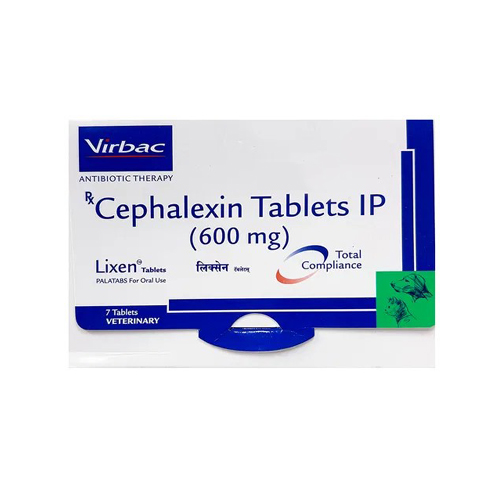
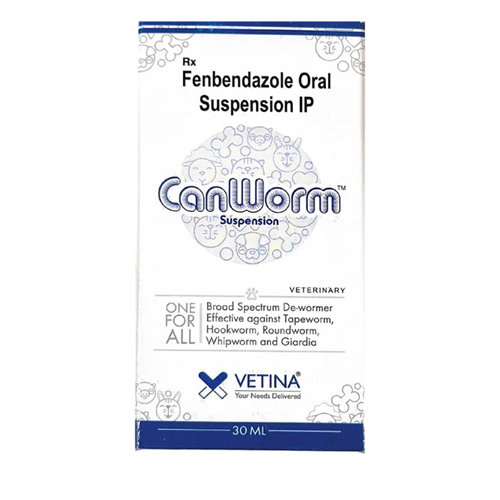



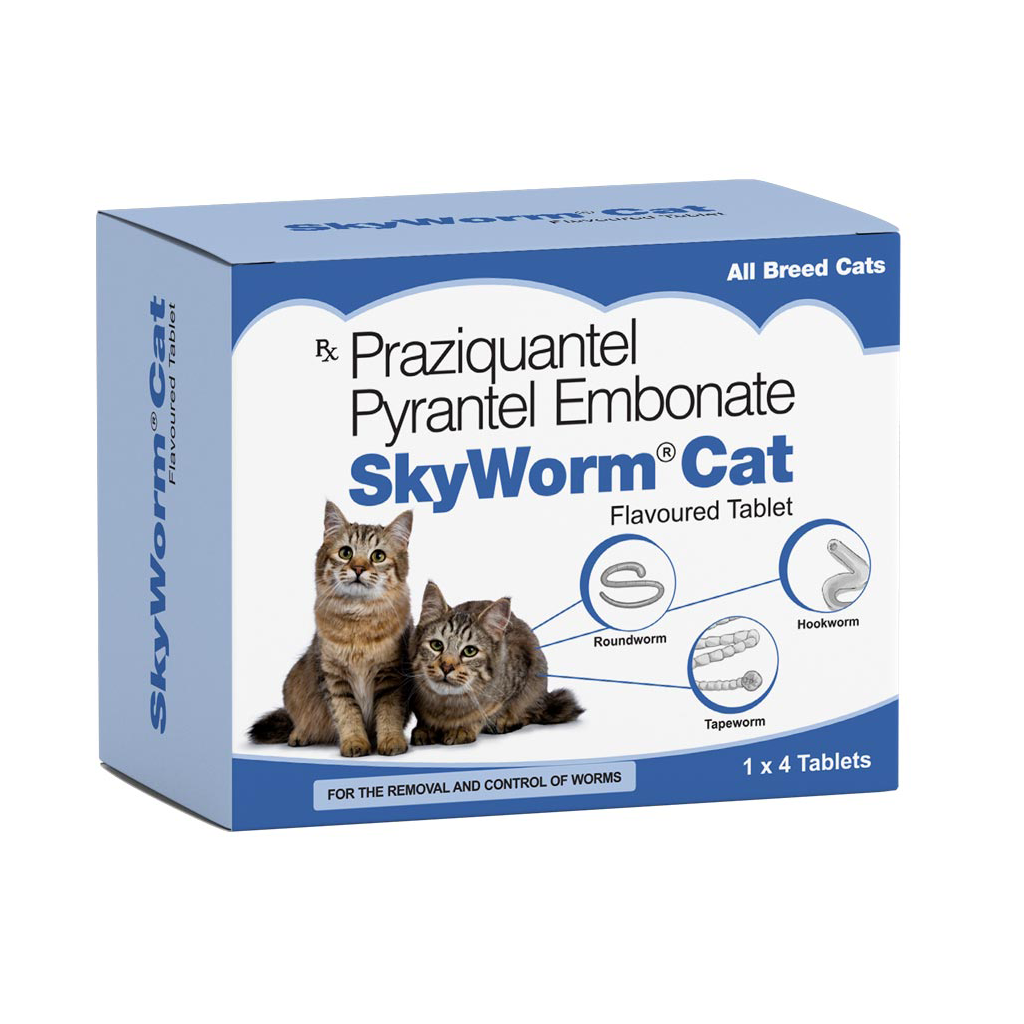
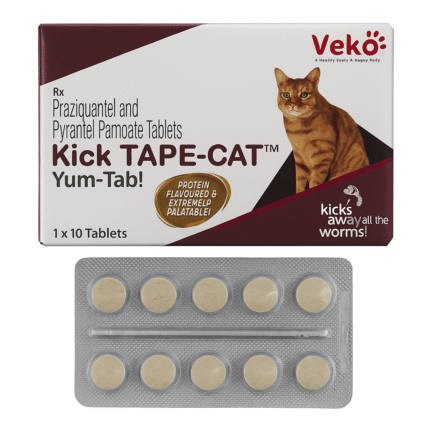
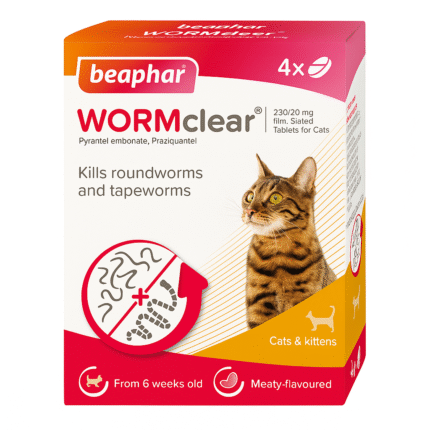
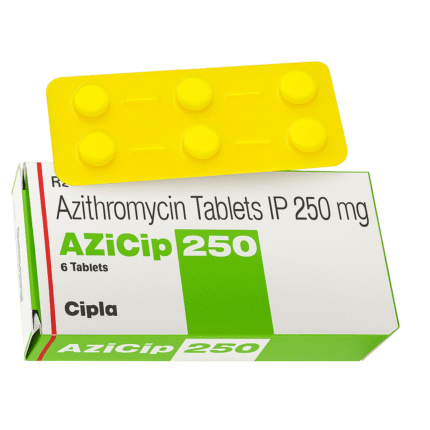
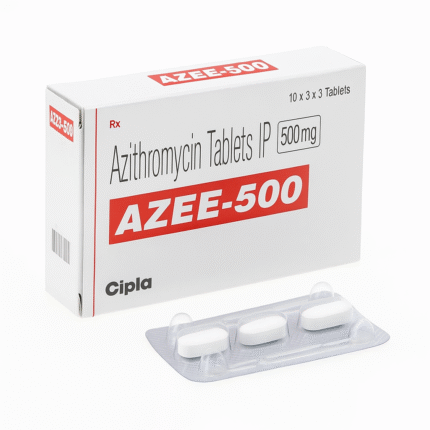
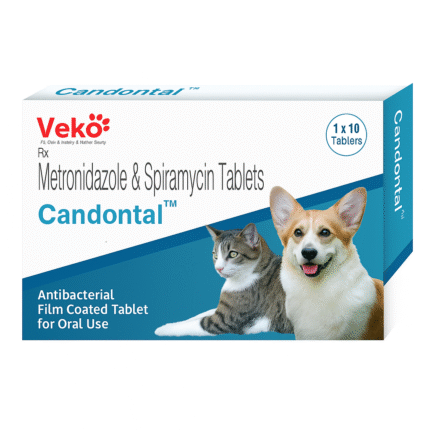
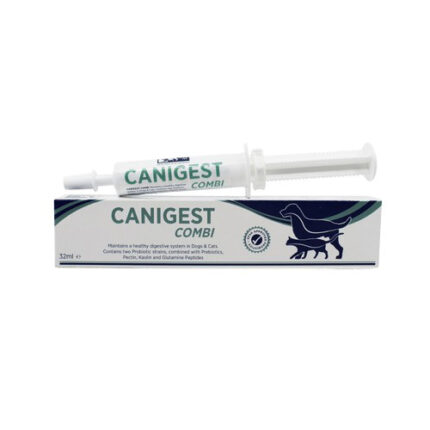
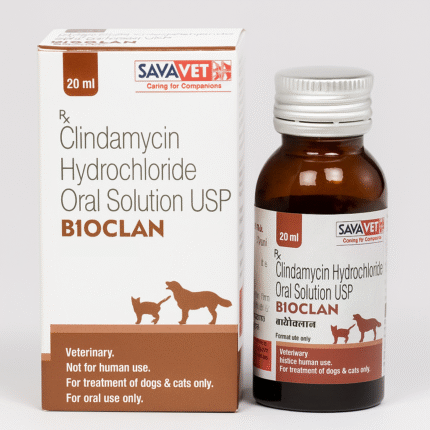

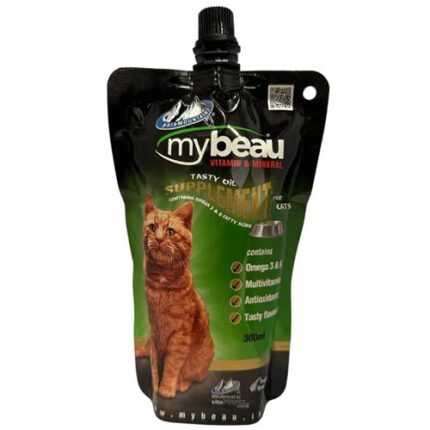
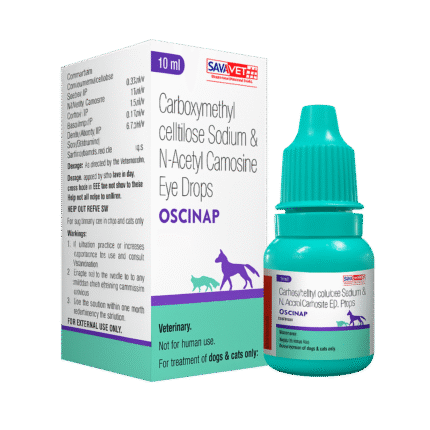
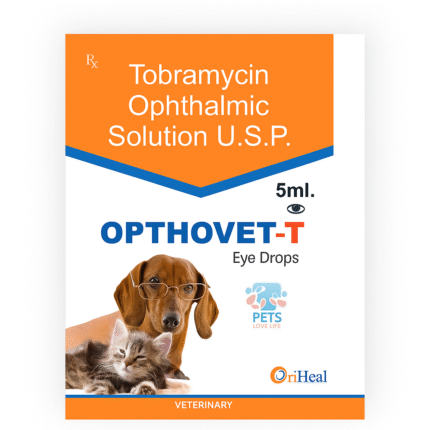
Reviews
There are no reviews yet.